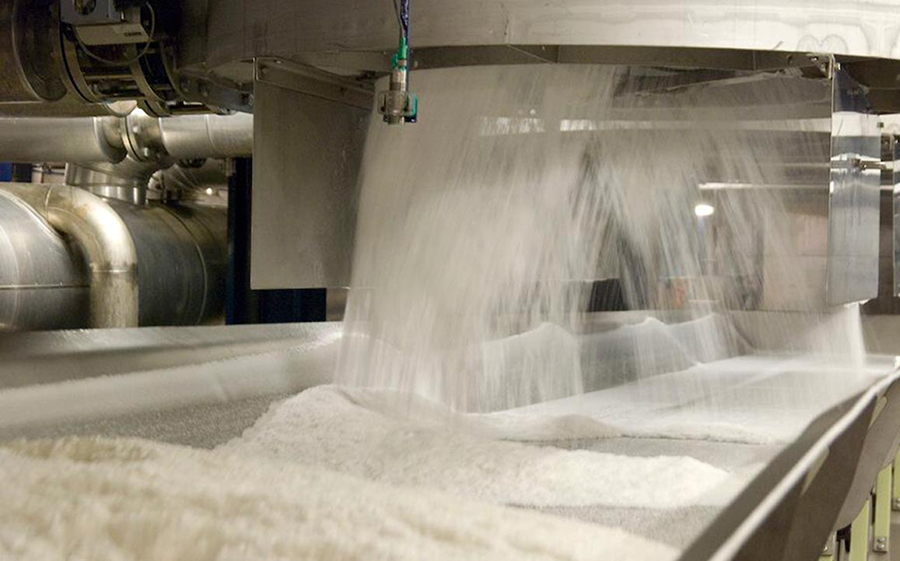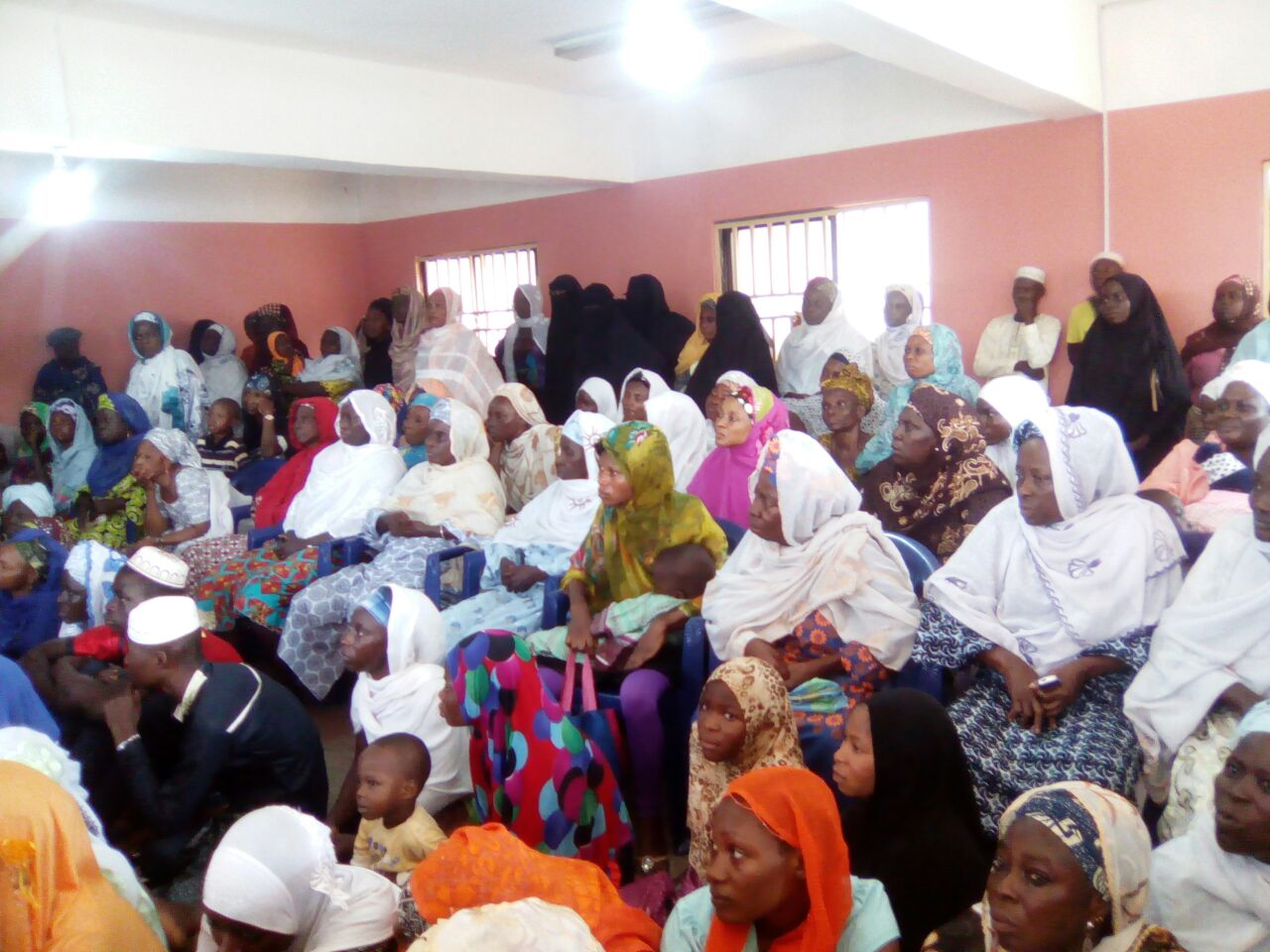As an avid observer of developments in the global economy, I was taken aback recently when international trade watchdog, World Trade Organization (WTO), recently released its thought-provoking statistics. According to WTO’s data on “Leading Exporters and Importers of Commercial Services for 2020”, Nigeria was ranked number one importer in Africa and 25th largest importer in the world, while Egypt emerged second in the continent and 28th globally.
Meanwhile, the big economies of the world—United States (US), China, United Kingdom (UK), Japan, India, Singapore, that made it to top positions of the “Leading Importers”, also featured on top the list of “Leading Exporters”. The shocking and disturbing aspect of the report that should elicit national discourse in Nigeria is: when it came to the ranking of top exporters in the world, Nigeria was conspicuously missing while Egypt and Morocco made it to number 26 and 27, respectively.
These two African countries were rated ahead of Nigeria in exports. This is very pathetic. Nigeria—the so-called giant of Africa, ignobly got the crown of infamy as the “dumping ground” of the world, because when you’re consuming via importation without corresponding exportation, your economy is in the doldrums. We only export raw crude oil without the capacity to refine—even for our local consumption. We are the only OPEC-member country that imports refined petroleum products.
The million-dollar question here is: how can you export products and services that you’re yet to achieve self-sufficiency in? This is the big national question that African industrial giant—Dangote Group, is providing answers to. From building the largest refinery in Africa—to help Nigeria achieve much-needed self-sufficiency in local refining of Premium Motor Spirit (PMS)—and its byproducts, to igniting what I describe as the sugar revolution in the country.
Advertisement
The ongoing construction of the Dangote Integrated Sugar Complex in Tunga, Awe Local Government Area of Nasarawa State, is another industrial wonder to behold. In line with the Nigerian Sugar Master Plan (NSMP), especially Backward Integration Project(BIP)—one of the critical aspects of the Master Plan, Dangote Group via one of its subsidiaries—Dangote Sugar Refinery, is building $500 million dollars worth of sugar complex.
The Integrated Sugar Complex will comprise 60,000 hectares of sugar plantation and industrial complex with the capacity to crush 12,000 tons of cane per day (tcd); two sugar factories with the projected capacity to produce 430,000 tpa of refined white sugar—representing about 30% of Nigeria’s sugar consumption.
90megawatts of electricity will be generated in the Complex for the Company’s use and that of neighbouring communities, using ethanol. 500km of roads will be constructed to enhance transportation within the Complex and adorning communities.
Advertisement
Another landmark stride of this project is: for the first time in the history of Nigeria, drip irrigation will be installed on a commercial scale to substantially improve the yield of sugarcane, and simultaneously conserve water and fertilizer consumption. When fully installed, both plants will have Ethanol Distilleries, to produce ethanol from molasses. The ethanol will be blended with gasoline at Dangote Petroleum Refinery to have greener fuel. You can see the synergy.
The Dangote Integrated Sugar Complex is expected to commence production by 2023, with the potential to create more than 150,000 jobs. When fully operational, this project will not only uplift the economy of the host state—Nasarawa by enhancing its Internally Generated Revenue (IGR), but reduce Nigeria’s dependence on the importation of raw and refined sugar.
Quoting Governor of Central Bank of Nigeria (CBN), Godwin Emefiele, who was wowed when he visited the site: Nigeria spends between $600-$1 billion dollars annually on importation of sugar and its raw materials alone.
The Apex bank indicated its intention to place importation of sugar and wheat on its forex restriction list because the federal government considers wheat and sugar as second and third most important commodities after rice, respectively, in its strategic food policy. But there must be a deliberate attempt to localize its production 100%.
Advertisement
Nigeria is one of sub-Saharan Africa’s largest importers of sugar—seconded by South Africa. To curb this ugly trend, the ambitious project embarked upon by the Dangote Group is a welcome development and provides a ray of hope for the nation’s goal via the Nigerian Sugar Master Plan, to attain self-sufficiency in local sugar production.
The impute of this landmark initiative is beyond imagination because it has the tendency to revolutionize Nigeria’s sugar industry, create much-needed jobs for our teeming youths, reduce pressure on the limited foreign reserves and strengthen the naira.
And in the nearest future, delists Nigeria from importers of sugar and subsequently enlists us as an exporter of the product. The damning report of the World Trade Organization (WTO) rating Nigeria as African number one importer, without commensurate exports—as indicated in the statistics, is not only a denigrating slap on the face of the nation as a self-acclaimed giant of Africa but a validation why Nigeria is the headquarters of the highest concentration of poor people in the world.
We cannot sustain an indolent population of over 200 million people—the most populated black nation on earth, consuming goods and services of other industrialized cum developing nations via mass importation, without national consensus and consciousness to exit this vicious cycle of unproductivity. No nation becomes great when it cannot compete for global resources with other countries in the world market; riding on the platform of its goods and services.
Advertisement
Nigeria is polarised and divided across ethnoreligious gulfs today because we are focused on competing for national resources at the centre only, instead of redirecting our energies—not only to achieve self-sufficiency in most of the imported goods but to harness available potentials to attract foreign exchange through massive exports of goods and services. Nigeria’s economy is always at the mercy of international oil prices as a result of our inability to diversify to other sectors.
Nigeria is like a farmer that cultivates only yam and daily goes to the village market to sell, hoping that price of yam will skyrocket. Anytime there is a “yam glut”, the price crashes. His projected income nosedives. He is left to borrow to augment his shortfalls. Yet when he borrows, he borrows for consumption (importation) instead of production—building factories and industrial complexes. The downward spiral of squalor and frustration keeps cascading, resulting in worsening insecurity and mass despondency.
Advertisement
Like Dangote Group is pathfinding for others to follow, industrialisation is the fastest lane towards curbing mass unemployment, poverty, national strife and unleashing the entrapped potential for collective prosperity. This is what Dangote’s $500m Sugar Complex encompasses.
It is meant to assist the country to attain self-sufficiency in sugar production—and position us for export in the future. Our economy is already in dire straits cum death throes, and should not be allowed to slide to the death zone.
Advertisement
My earnest prayer is that through great industrial strides of Dangote Group via its Oil Refinery, Fertilizer plants, Integrated Sugar Complex, etcetera, vis-a-vis commendable efforts of other industrial players, in the nearest future, Nigeria will no longer be rated by World Trade Organization (WTO) as number one importer in Africa without featuring at the apex in the hierarchy of top exporters in the world.
Nwobodo writes from Abuja via [email protected]
Advertisement
Views expressed by contributors are strictly personal and not of TheCable.
1 comments








Nigeria is number 48 largest importer in the world and third in Africa behind Egypt and South Africa. Except all the links on the internet are wrong or something.